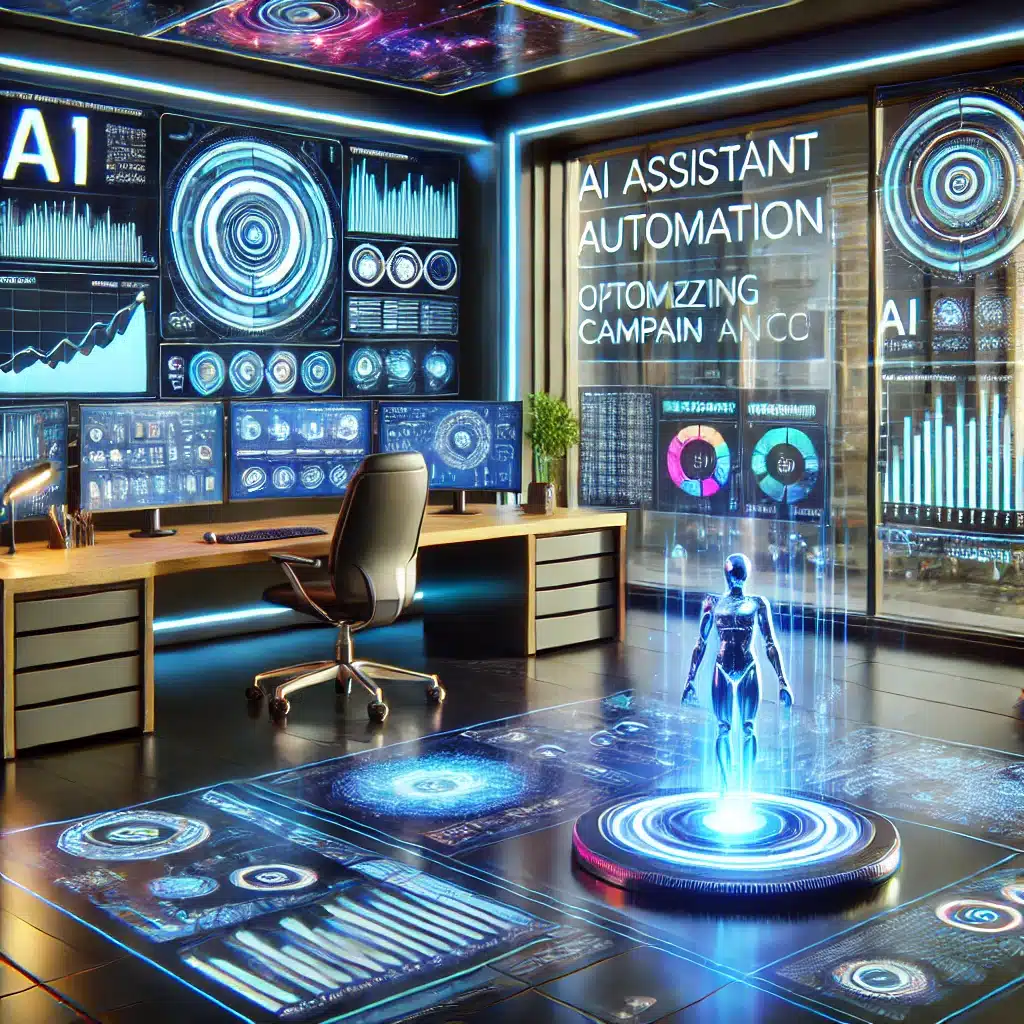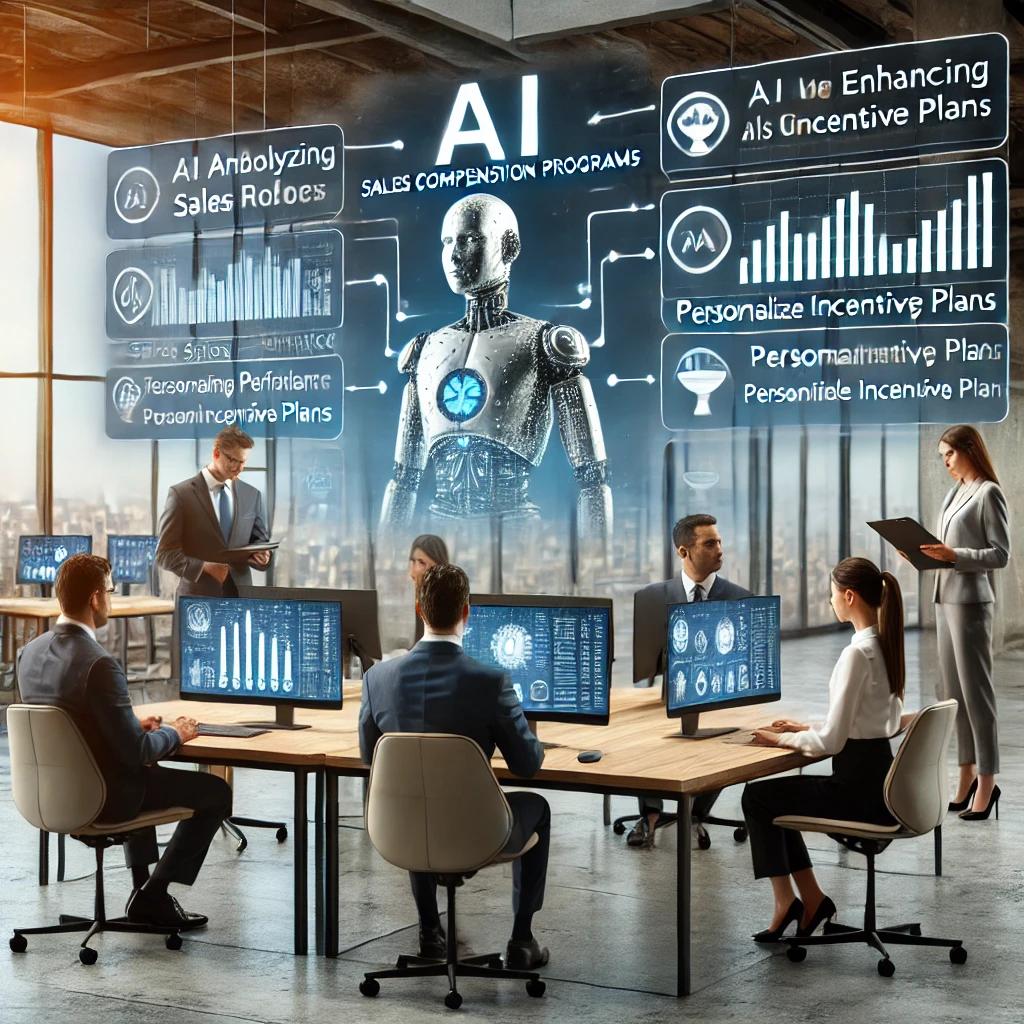AI’s Role in the Changing Workforce
AI is transforming how we work. Boeing shows how crucial adapting to AI is. Faced with labor shortages, they must automate to boost productivity. Automation isn’t optional; it’s necessary. Understandably, many wonder how AI will affect job landscape.
Automation and Productivity
Automation can increase efficiency. For example, Boeing faces rising costs with limited workers. Automation can help address this by reducing reliance on manpower while maintaining output. Consequently, businesses must embrace AI or risk falling behind competitors. Additionally, automation may lead to new job opportunities that current workers can fill with training.
New Job Opportunities from AI
However, AI will not only replace jobs—it will also create them. Similarly, new sectors will emerge, needing human input in AI oversight, AI development, and ethical considerations. Therefore, workers must adapt to findings in these areas. This shift could be challenging, but not impossible.
Navigating Job Transformation
As we navigate this transition, it’s crucial to invest in education and training. In contrast, resisting change could lead companies to collapse, much like Boeing’s financial concerns. Furthermore, promoting adaptability and continuous learning will empower individuals to thrive in the AI-dominated landscape.
The Importance of AI in Future Jobs
AI will not just transform tasks; it will redefine roles. Subsequently, companies should focus on developing their workforce to embrace these changes. Likewise, employees should take the initiative to enhance their skillsets, preparing for future demands. Ultimately, with determination and foresight, everyone can benefit from AI’s rise.
Conclusion
In conclusion, AI is reshaping the future of work. Embracing automation, training, and adaptability is essential. Boeing’s experience offers a glimpse into this future. By adapting and evolving, businesses and workers alike can navigate these changes successfully.


